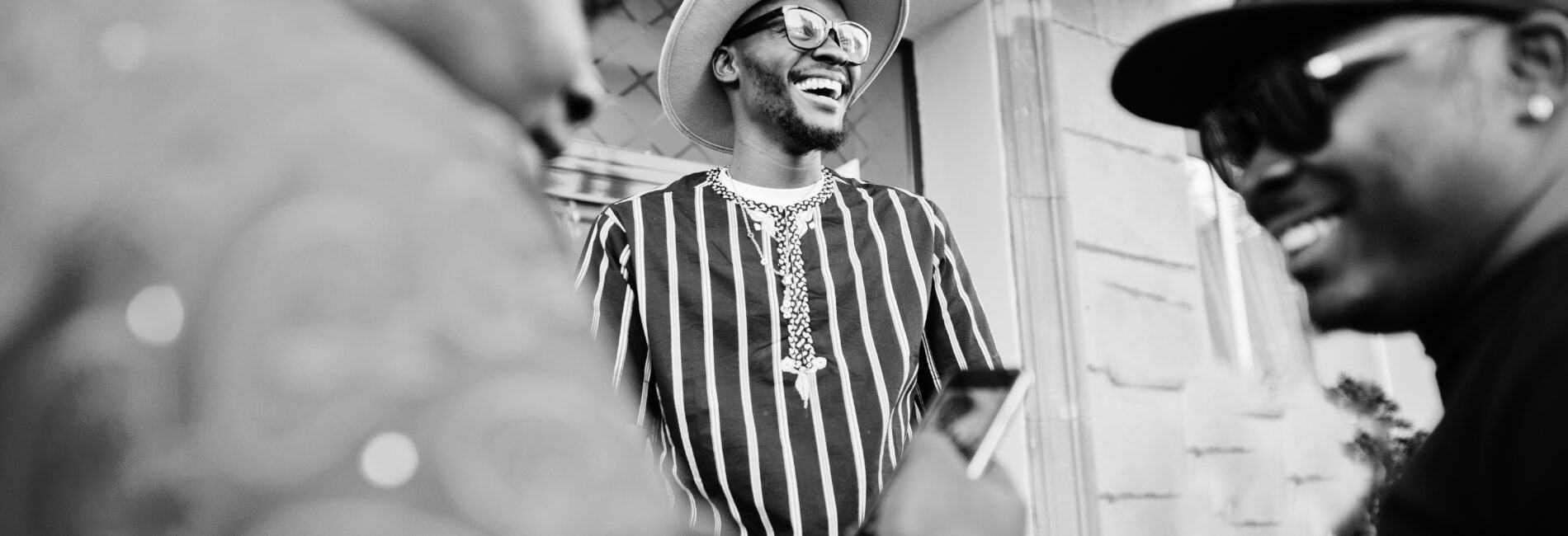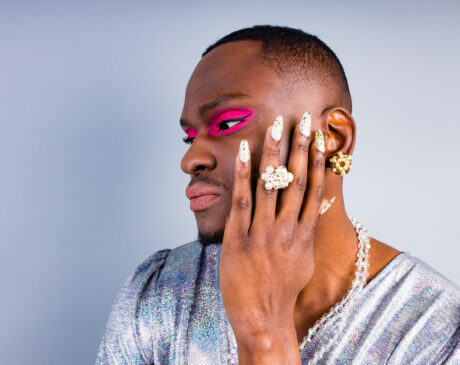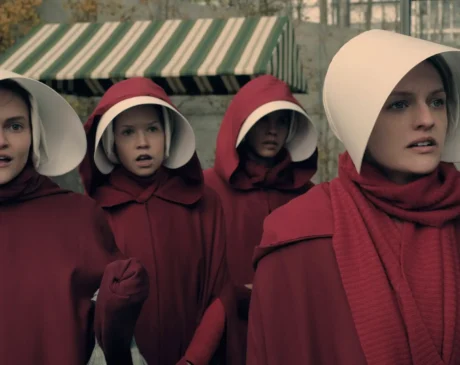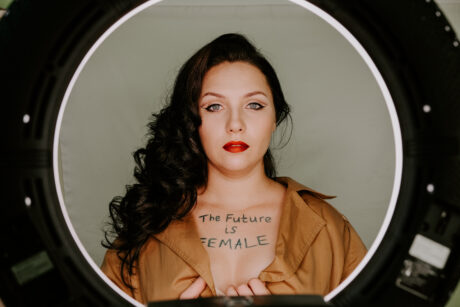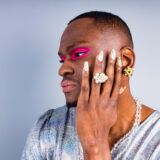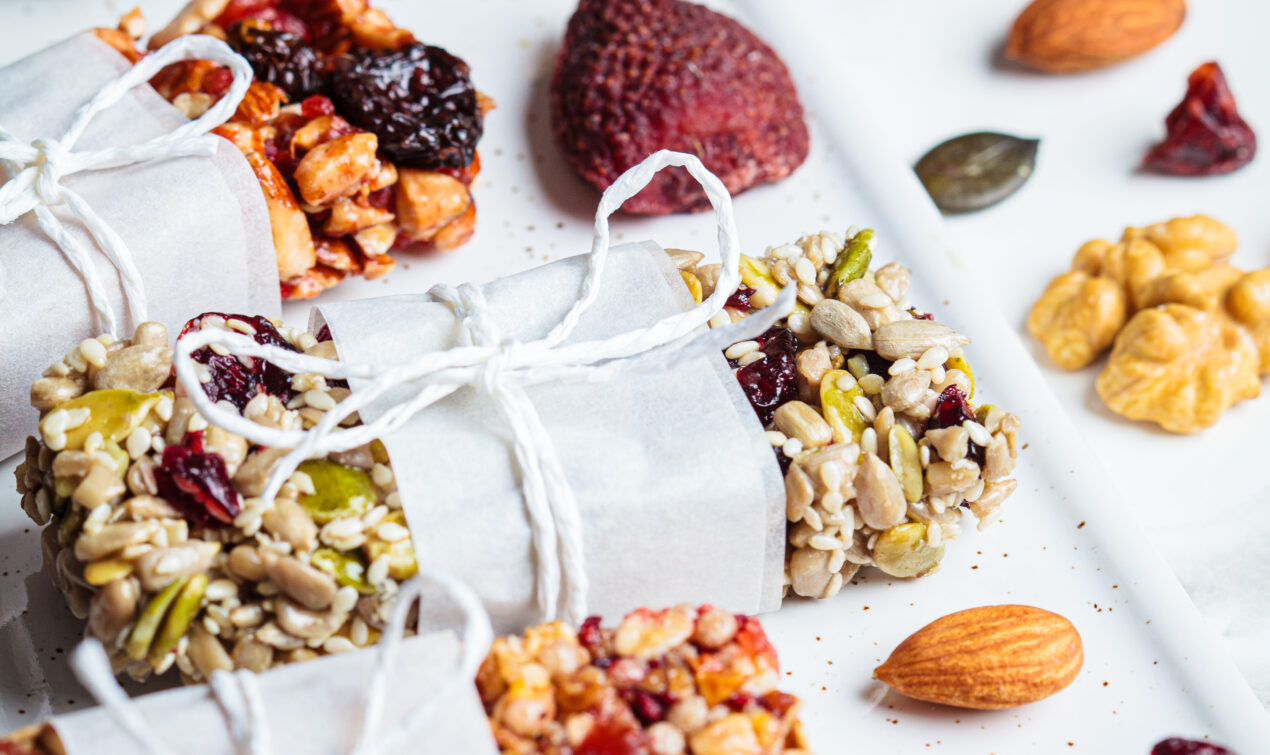On Juneteenth and sustaining.
Juneteenth is a national holiday that marks the end of slavery following the conclusion of the Civil War in 1865 and has been celebrated by Black Americans for decades. Still, it wasn’t until three years ago that it was recognized as a federal holiday.
I want to be honest and acknowledge the difficulty in writing this. Usually, on Juneteenth, I have a clear directive, a compass pointing towards the righteous use of my platform, a purpose carved from the bones of our history and the flesh of our present. But this year, I find myself vexed, caught in the gnarled grip of self-interest and survival within the jaws of capitalism.
It is an odd feeling, this dissonance, this fracture between duty and desire, between the collective and the self. Juneteenth has always been a day of both celebration and reflection, a moment when we remember our ancestors’ resilience and rejoice in their liberation. Yet, in this moment, I am forced to confront the complexities of my own existence, entangled in a system that demands we prioritize ourselves over our collective. My writing is aimed at breaking this system. But some days that is easier than others.
Typically on Juneteenth, I use my platform to raise money for Black families in need or Black-owned businesses that could use a hand to stay afloat, through my Juneteenth Fund Campaign. This day has become the best of the year to garner interest in Black endeavors. Which is sad in its own way, but understandable in our society, which usually only considers supporting Black people because of our traumas. So, of course the day about the actual freeing of enslaved people would elicit support for Black people. Unlike the other 364 days of the year in which we are also magic, miracles, and worthy. But this year, instead of raising money on Juneteenth, I did it beforehand because my new poetry collection, “We Alive, Beloved,” was delayed from last week to yesterday.
This meant I needed to use this sacred day to promote my book. It felt like a paradox, a conundrum that gnawed at my conscience. The very essence of Juneteenth, a celebration of freedom and resilience, seemed at odds with the capitalist necessity of self-promotion.
Yet, even without Juneteenth, we managed to raise $20,000 for Black families in need, with another $20,000 matched by a fund that supports efforts such as ours. This success should have made it straightforward and simple to shift my focus to selling “We Alive, Beloved.” But simplicity, much like freedom, is often an illusion.
I want to sell books. In fact, I need to sell books, for the bills do not pay themselves, and the maintenance of a writing career demands a constant churn of commerce. My sales, while commendable, do not mirror the volume of emails and messages I receive, messages from people who profess their love for my words—free words that I labor over and share on platforms like this, where I have never asked for paid subscriptions (but appreciate them deeply), because I want what I have to say to be accessible to all. |
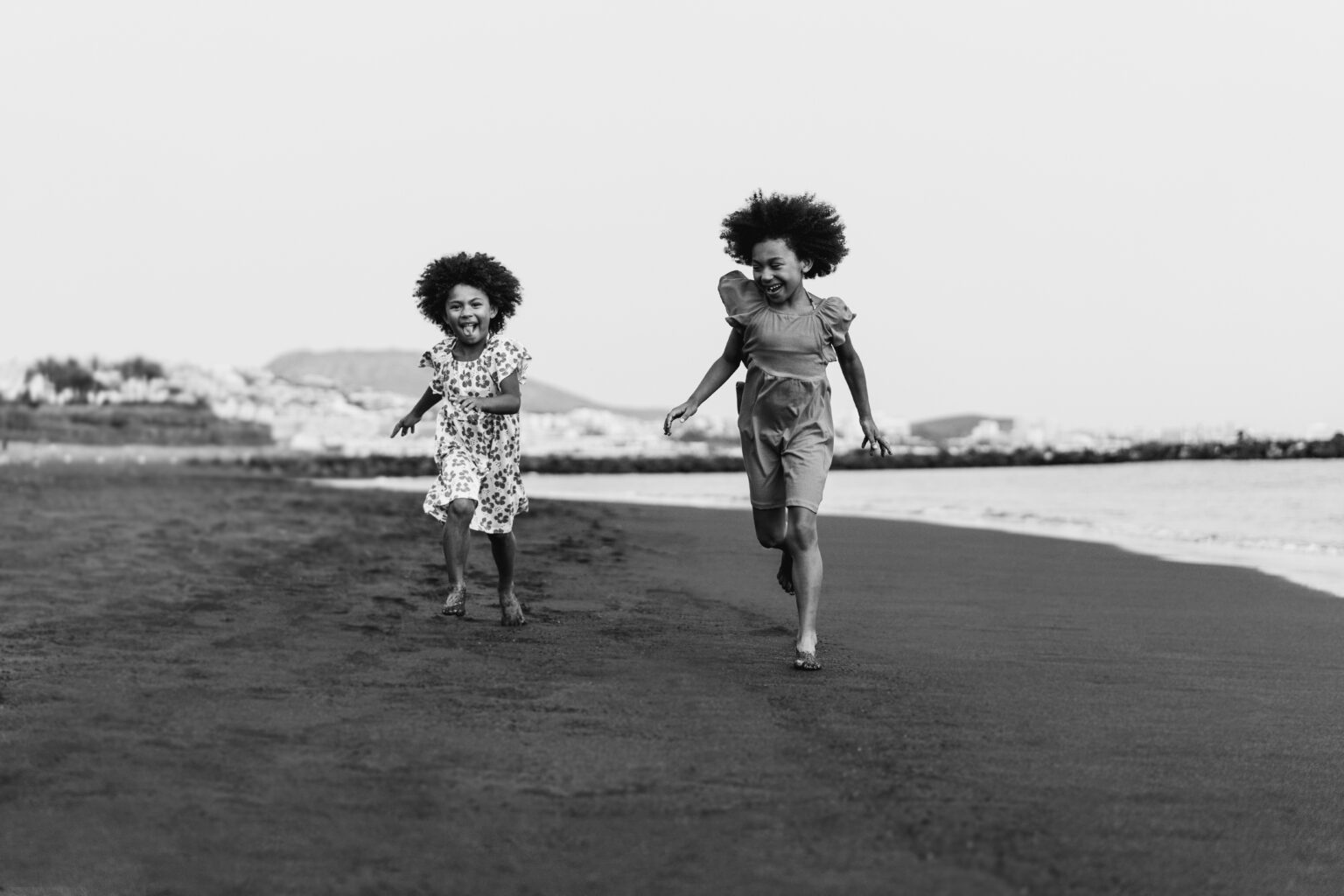
You see, my hope has always been that people will recognize the importance of the work, will feel the love and effort I pour into every line, every stanza, and choose to support me by purchasing my books. It’s a hope that, in its own way, stands against the cold, hard mechanics of capitalism—a hope that my worth can be measured in love and learning and that will translate to sales figures. But that is not often the case.
So, I know I should have every right to ask that people support my new book, especially when the philanthropic goal of the day has already been met. There is, however, a relentless tug inside of me, a voice that whispers of my past struggles, of my family’s past struggles, and the knowledge that if I pressed on, if I asked for more donations, that $20,000 could swell to $30,000. An extra $10,000 that could mean the difference between hope and despair for families.
|
My writing is aimed at breaking this system. But some days that is easier than others.
FREDERICK JOSEPH

This request is not born of desperation, but of a clear-eyed understanding of the world we inhabit. A world that too often dismisses our contributions, devalues our existence, and relegates our struggles to the margins. It is an acknowledgment of the double-consciousness we navigate daily—a sway between survival and self-respect, between the demands of the individual and the needs of the collective. It is a recognition that our liberation is tied to our willingness to uplift each other, to hold each other up in the face of a society that tries to tear us down.
In making this ask, I am also making a statement. I am asserting that our voices, our stories, and our lives matter. My voice, my story, my life matters. That the work we produce—the art, the literature, the expressions of our innermost selves—deserves to be seen, to be heard, to be valued. I am saying that our history, our present, and our future are worth investing in. And that such an investment is not a burden but a privilege.
So, if you have already bought a copy of “We Alive, Beloved,” thank you. I ask you to consider buying a second and giving it to a friend. If poetry is not your preferred genre, donate a copy to a library, a little free library, or a prison. Let our words travel to places where they might bring light, comfort, or inspiration. Let our stories reach those who need to hear them, who need to know that they are not alone in their struggles, that their dreams and aspirations are valid.
Let us celebrate this day not just as a commemoration of the past, but as a commitment to the future. Happy Juneteenth, Beloveds.
Related Posts

Why Feminist-Vegan Now?
Women + Meat Which One Is Most Devoured By Societal Exploitation? In her essay Why Feminist-Vegan Now?, Carol J. Adams draws an unflinching line between the consumption of non-human animals and the exploitation of women under patriarchy, insisting that feminism cannot be whole unless it considers the ways female animal bodies are commodified, consumed, and
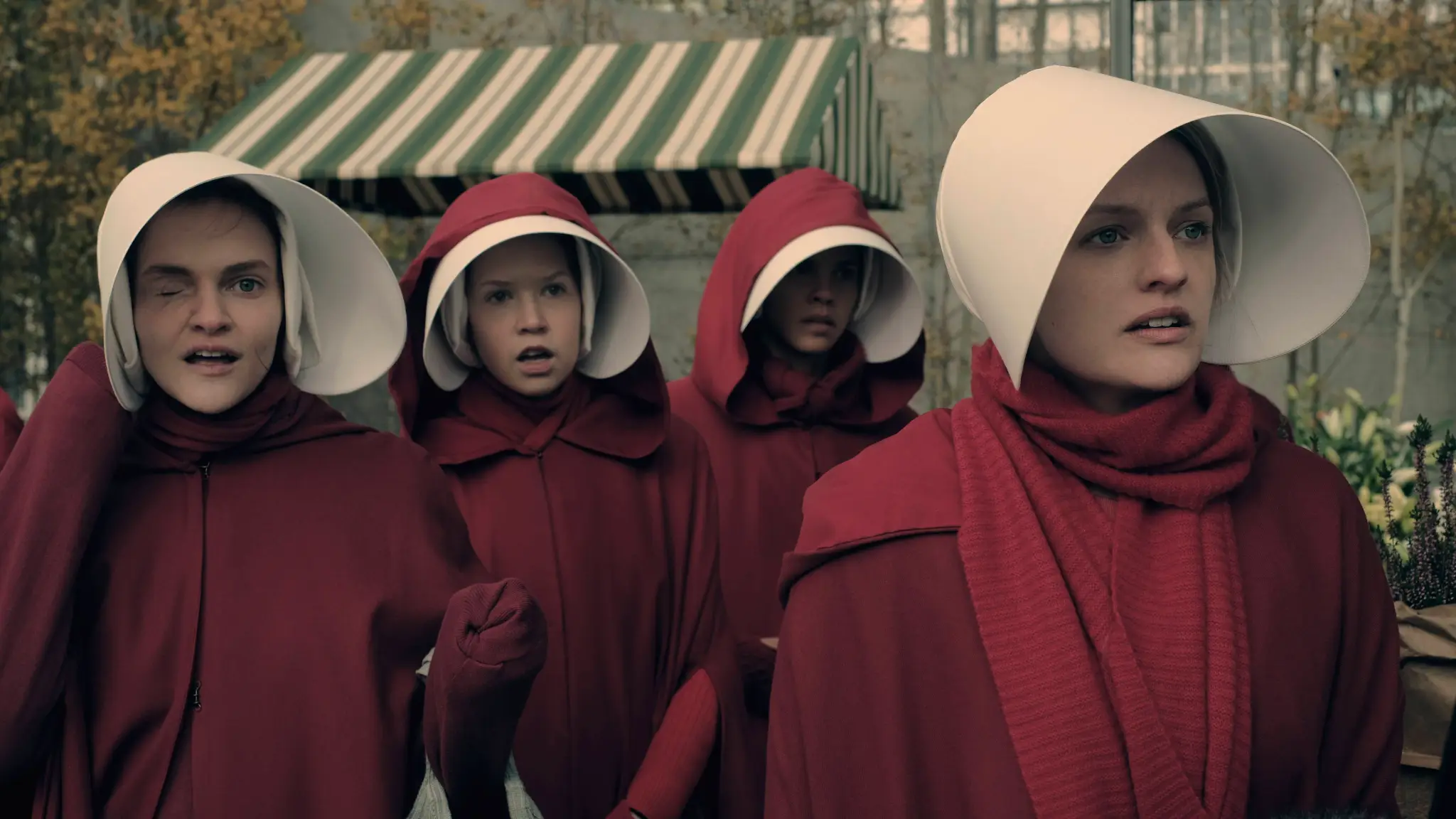
The Incomplete Revolution of The Handmaid’s Tale
From Margin to Mastery: bell hooks, Angela Y. Davis, Gloria Anzaldúa, and the Incomplete Revolution of The Handmaid’s Tale Margaret Atwood’s The Handmaid’s Tale is often lauded as a feminist masterpiece—a chilling dystopia that exposes the consequences of misogyny unchecked. It’s a tale that seems more feminist-centric than most, and yet the lens in which
